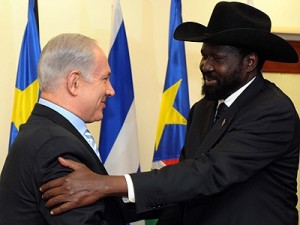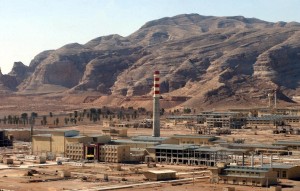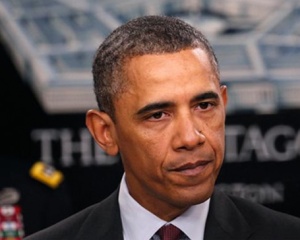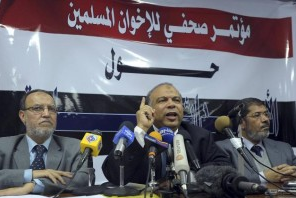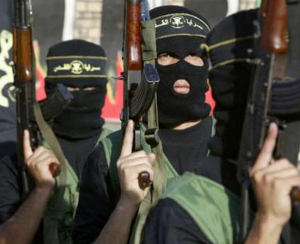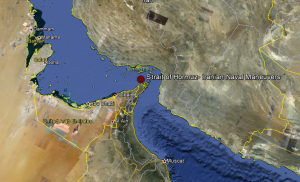While the media is focused on Iranian nuclear talks, the war in Syria, and the elections in Egypt, Iraqi Kurdistan (KRG) is making headways in severing Baghdad’s grip over its national ambitions, chiefly the establishment of an independent Kurdish state.
Still, numerous obstacles remain along with plenty of regional and international dissenters, not to mention the task of overcoming a web of Kurdish political rivalries. While a myriad of concerns exist, fresh geopolitical realities are furthering the Iraqi Kurdish cause. Those realities, which have manifested into a new pipeline deal with Turkey, are turning the KRG into an influential and crucial player in the Middle East, which could arguably propel a push for Kurdish independence – sooner rather than later.
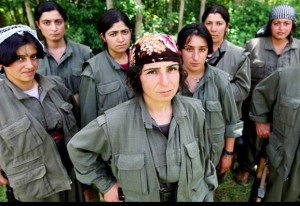
While ethnic Kurds are spread out throughout Iraq, Iran, Syria, and Turkey, their Iraqi brethren have advanced the most in terms of achieving Kurdish-nationalist goals. Since 2005, Iraqi Kurdistan is a semi-autonomous region, and one that is secured by its own forces, relatively stable, and increasingly able to make unilateral foreign policy decisions – much to the chagrin of Baghdad. Moreover, the defeat of their premier threat, the Iraqi army, by the Americans in 2003, contributed immensely to Kurdish sovereignty. Then America’s continued presence fostered a period of internal stability and growth, while the region’s preoccupation with a ruthless Sunni and Shiite bloodletting enabled the KRG to entrench itself as a formidable player in Iraqi politics.
Continue reading Intelligence Analysis: Is a Kurdish State on the Horizon?
